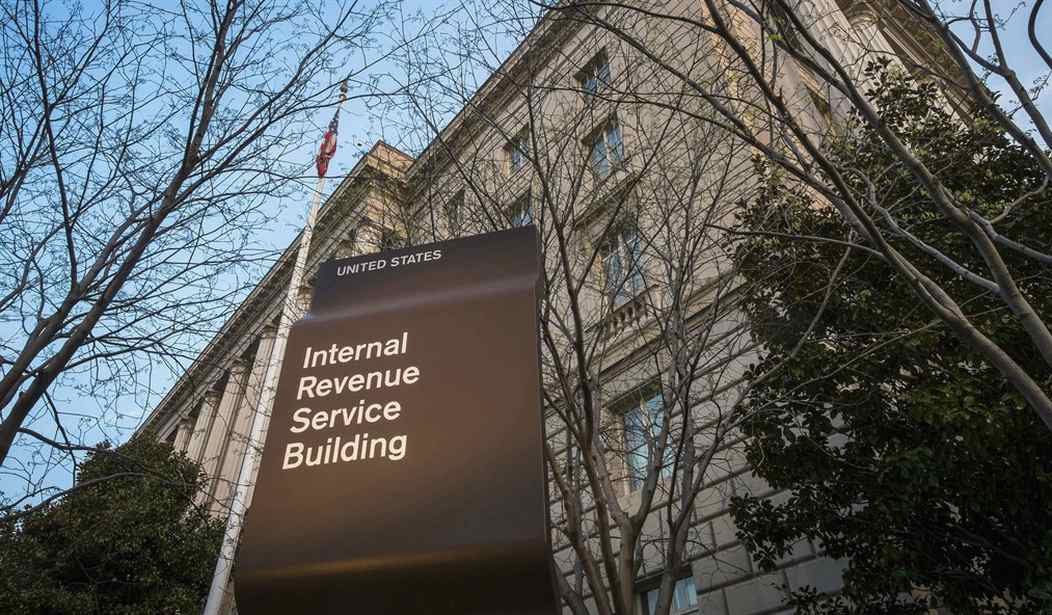In 2020, Tax Day isn’t what it used to be, so much so that we might consider April 15 the un-Tax Day. The traditional April 15 milestone this year, while unusual for the entire nation, will actually mark the start of America’s great economic rebound — and U.S. workers are destined to be at the forefront of our second Great American Comeback.
While the deadly coronavirus pandemic has had a devastating impact on the entire world’s economy, the growth deceleration we are experiencing in America today is only temporary. President Trump, after all, has already helped our country recover from devastating economic decline once before — and the blueprint for building a strong economic engine is the same today as it was just a few short years ago.
It's important to remember that prior to the COVID-19 pandemic, pro-growth policies such as middle-class tax cuts and strategic deregulation allowed the U.S. economy to thrive like never before. Floridians saw this firsthand, saving an average of $1,355 on our federal income taxes in 2018 while our state unemployment rate fell to record lows.
The Trump administration hasn’t abandoned this recipe for success — extending the tax filing deadline to July 15 is exactly the sort of common-sense measure that will allow us to reboot our economy quickly and with as little pain as possible.
“We’re moving it out to July 15th so that ... Families and businesses will have this extra time to file with no interest or penalties,” the president explained while announcing the extension last month. That’s particularly helpful for those who file taxes quarterly, such as business owners and independent contractors, who now have an extra three months to pay the taxes that would have been due on April 15, without having to worry about penalties or interest. At a time when business owners are depending on generous federal relief payments just to stay afloat, they shouldn’t have to deal with a quarterly tax burden on top of everything else.
Recommended
Notably, the Trump administration also made it possible for workers to file their taxes early if they want to claim refunds and credits from the IRS (keep this in mind if you want to avoid delays). “In other words, you can file early if you are owed money by the IRS,” Donald Trump emphasized.
More importantly, the president spearheaded a historic economic relief package that provides substantial direct payments to virtually every low and middle-income household in the country, providing a crucial financial buffer to struggling families. In addition, the $2.2 trillion stimulus provides massive financial assistance for the private sector, shoring up millions of small- and medium-sized businesses that collectively employ nearly half the American workforce.
The CARES Act is a lifeline for Florida, which remains among the states most economically vulnerable to the coronavirus pandemic. According to recent reports, more than half a million workers in the Sunshine State have filed for unemployment since March 15 — a surge that is overwhelming Florida’s unemployment program. Thanks to emergency unemployment benefits funded by the federal government, however, these workers will receive an extra $600 per week to get them through this crisis, along with an extra four months worth of benefits, if needed.
“I really think, in a fairly short period of time, because of what they’ve done and what everyone has done, I really think we’re going to be stronger than ever,” Donald Trump said while signing the bill last month.
Florida’s Social Security beneficiaries — who normally don’t have to file tax returns — won’t have to go through that hassle in order to receive direct cash payments also, as some had initially feared. As the president explained, the money will be deposited directly into their bank accounts using information already on file with the Social Security Administration.
But the president doesn’t want to stop there. In addition to the relief payments of up to $1,200 per person that are already going out, and $3,400 for a typical family of four, the president is now considering a second wave of direct payments for American workers, saying the proposal “is absolutely under serious consideration.”
Thanks to the relentless effort of the Trump administration, every American worker has good reason to be optimistic about the future. This year’s “un-Tax Day” serves as a reminder that another Great American Comeback is just over the horizon.
Julio Gonzalez founded Engineered Tax Services.
























Join the conversation as a VIP Member